

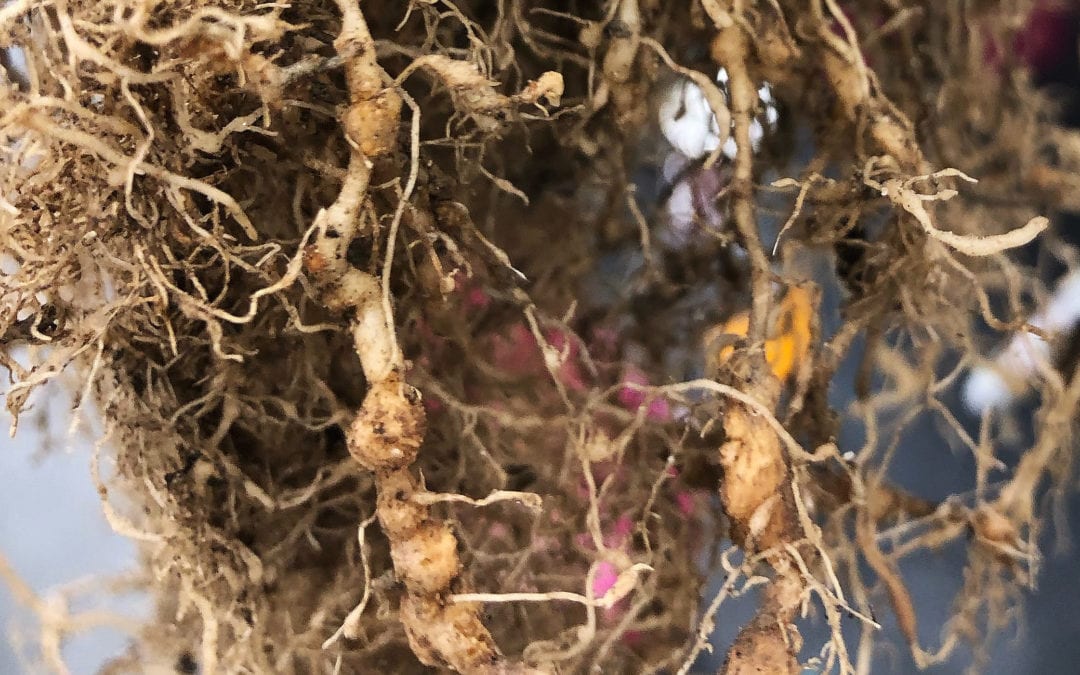
Plants Found to Speak Roundworm’s Language
Nematodes are tiny, ubiquitous roundworms that infect plant roots, causing more than $100 billion in crop damage worldwide each year. New research has found that plants manipulate the worms’ pheromones to repel infestations, providing insights into how farmers could...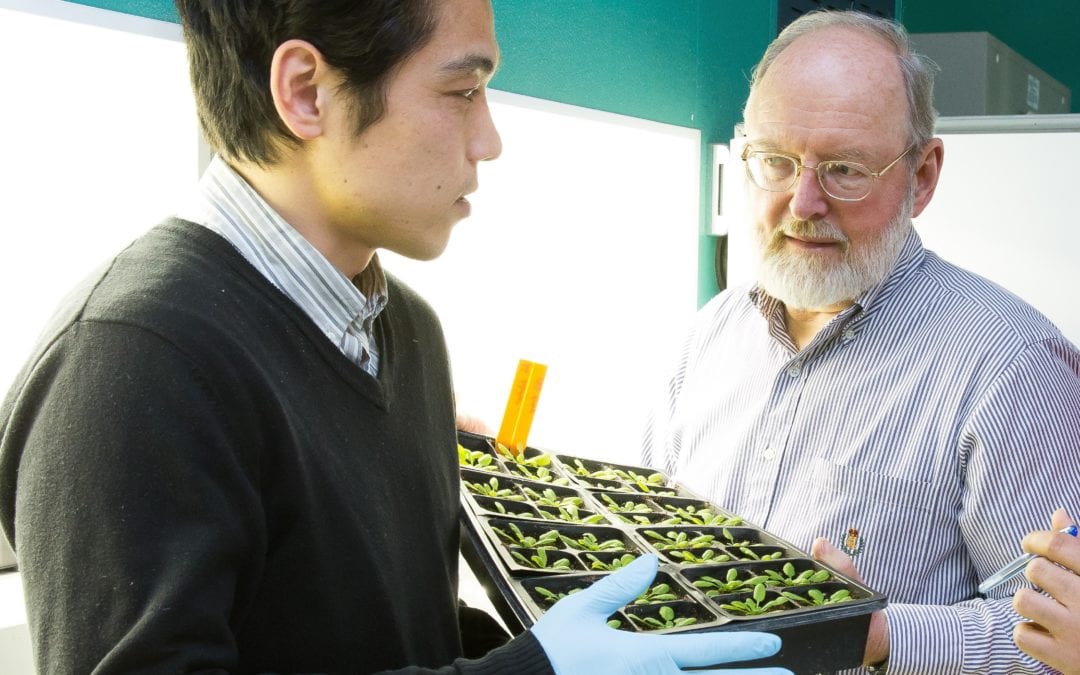
Aspirin-Like Compounds Could Treat Numerous Human Diseases
People have used aspirin to treat pain, fever and inflammation for more than a century, and the drug is also used to reduce the risk of strokes, heart attacks and some cancers. An estimated 100 billion aspirin tablets are taken worldwide each year, but how it works is...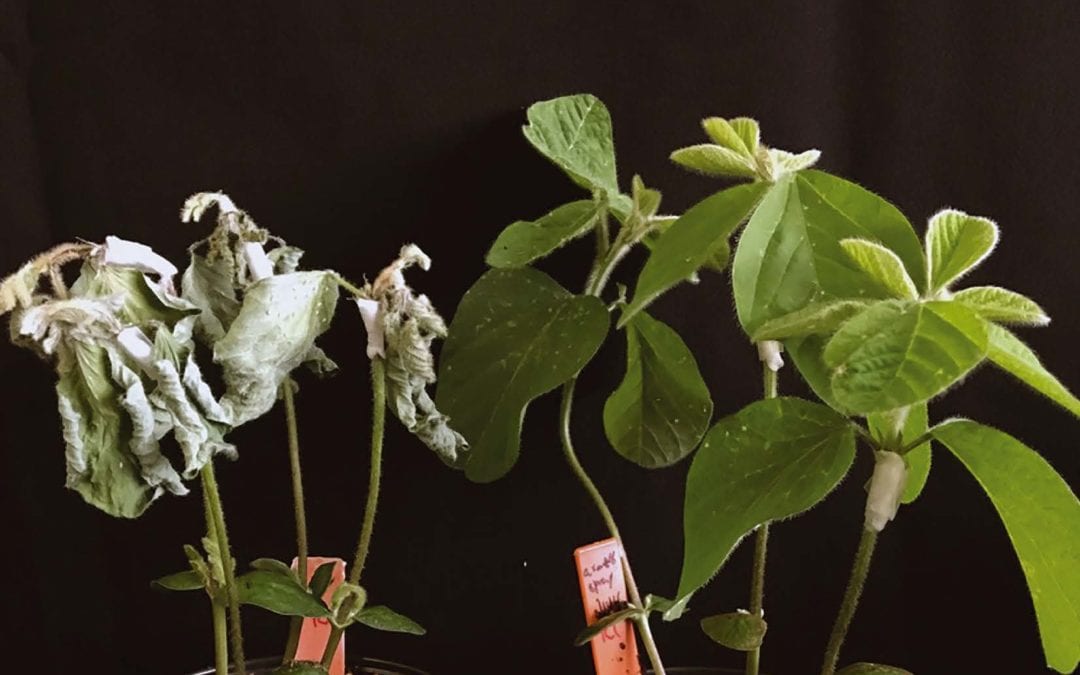
Worm Pheromones Protect Major Crops
Protecting crops from pests and pathogens without using toxic pesticides has been a longtime goal of farmers. Researchers at Boyce Thompson Institute have found that compounds from an unlikely source – microscopic soil roundworms – could achieve this aim. As described...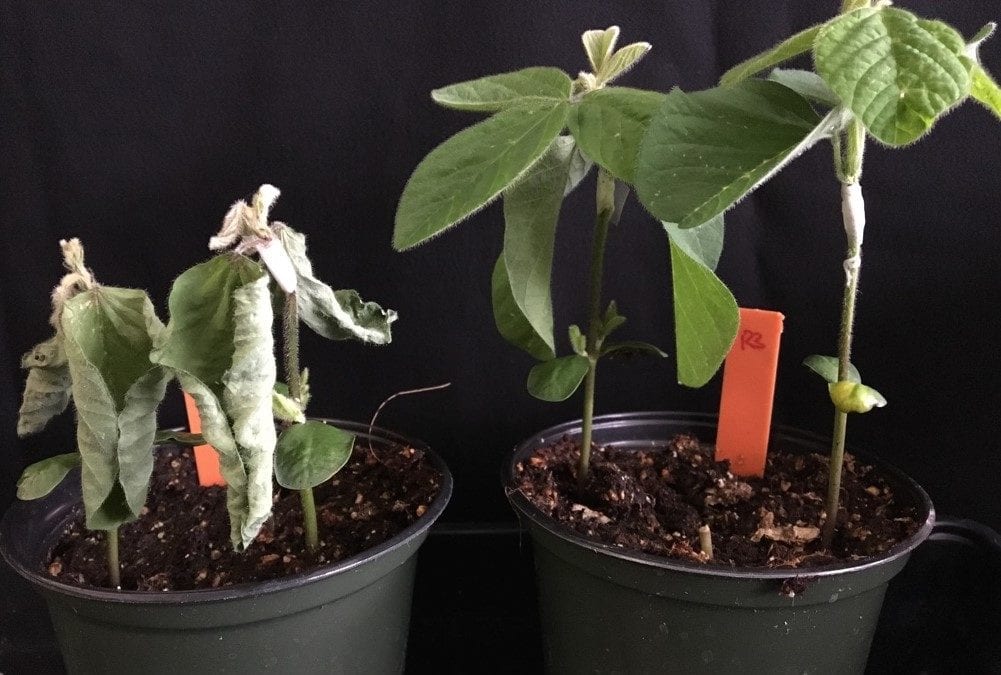
Ascribe Bioscience Receives SBIR Award from NSF
On January 29, 2019, Ascribe Bioscience became the first company based on technology developed at the Boyce Thompson Institute (BTI) to receive a Small Business Innovation Research (SBIR) grant. The agbiotech startup will use the $225,000 Phase I award from the...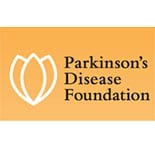
Klessig’s Research Featured by Parkinson’s Disease Foundation
The Spring 2016 issue of the Parkinson’s Disease Foundation newsletter featured recent work by Dan Klessig. The newsletter highlighted his recent PLOS ONE paper on salicylic acid and human GAPDH.
Discovery Shows Parallels between Plant and Human Immune Systems
Research from the Klessig lab shows that HMGB3 signals to the plant immune system when tissues are damaged and makes plants more resistant to certain infections.

Aspirin Targets Key Protein in Neurodegenerative Diseases
The active ingredient in aspirin blocks an enzyme that triggers cell death in Alzheimer’s, Parkinson’s and Huntington’s diseases, offering hope for novel treatments.

New Study Provides Key Insights into Aspirin’s Disease-Fighting Abilities
Researchers have found that salicylic acid targets the activities of HMGB1, an inflammatory protein associated with a wide variety of diseases, offering hope that more powerful aspirin-like drugs may be developed.

Chemicals from Parasitic Worms Boost Plant Immunity
When plants detect pheromones given off by nematode worms, they activate their immune system for protection. The chemical warning not only triggers defenses against nematodes, but also against bacterial, fungal and viral infection.
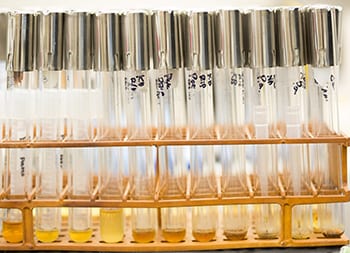
Yet Another Impressive “Stunt” for Salicylic Acid
New research from the laboratory of BTI Professor Daniel Klessig finds that salicylic acid, or SA, plays a role in resistance to tomato bushy stunt virus or TBSV by blocking viral replication.
Three Boyce Thompson Institute Scientists Honored as AAAS Fellows
Drs. Harrison, Klessig, and Jander honored.
